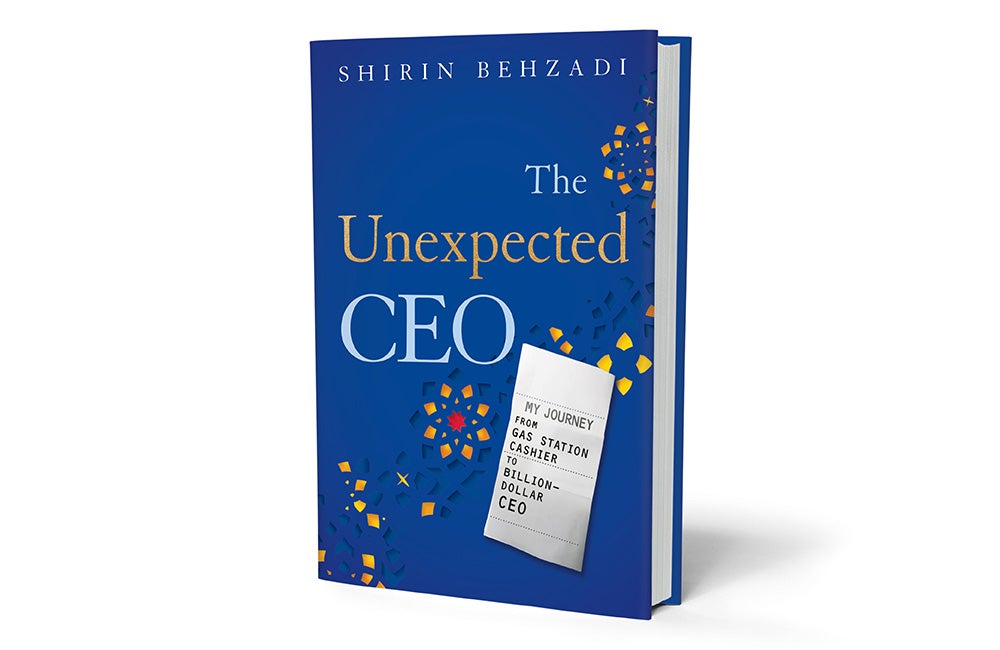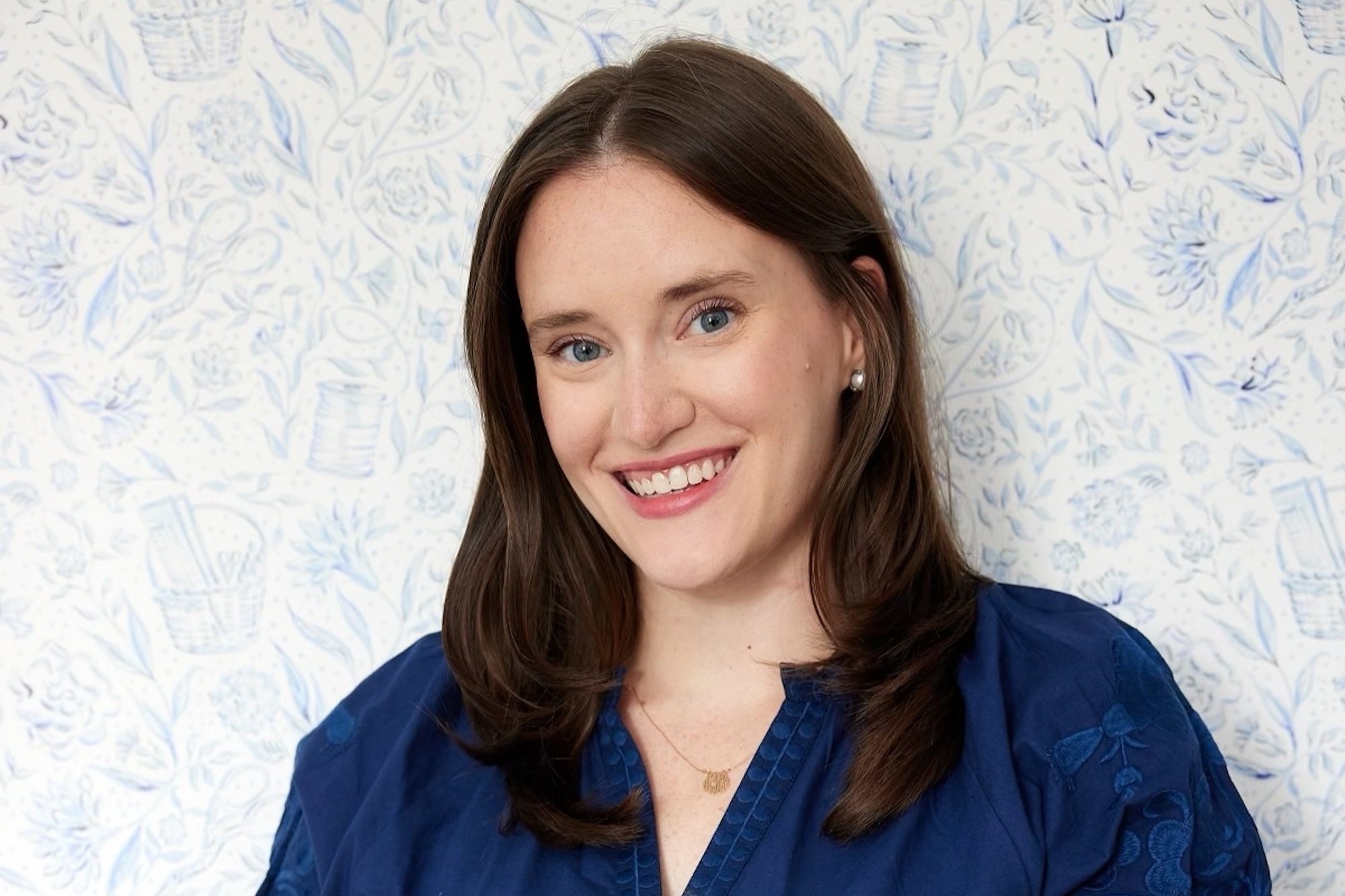She Moved to the U.S. at 17 and Worked at a Gas Station — Then Became CEO of a $1 Billion Brand Shirin Behzadi's journey from a war-torn childhood to the C-suite is a masterclass in resilience.
By Carl Stoffers Edited by Jessica Thomas
Key Takeaways
- Behzadi arrived in the U.S. alone at 17 and found work as a cashier at a gas station.
- She credits early adversity for teaching her how to lead through crisis and uncertainty.
When Shirin Behzadi arrived in the United States from Iran at 17, she had no money, no family and no clear plan for the future. But she carried a belief that seemed impossible at the time.
"When people asked me what I wanted to do when I grew up, I'd say, 'I'm going to run a big company,'" she says. "If you think about it — a young girl who's working at a gas station, has no money, doesn't have any friends, doesn't have parents — why would I even think that way? All I know is that it gave me the sense of...call it hope."
That hope, combined with resilience, ultimately carried her from working behind the bulletproof glass of a gas station cashier booth to becoming the CEO of Home Franchise Concepts, which includes Franchise 500-ranked brands like Budget Blinds and The Maids.
Behzadi stepped away from the CEO role in 2019 and shifted her focus toward advisory roles, board membership, public speaking and sharing her leadership journey through her upcoming book, The Unexpected CEO: My Journey from Gas Station Cashier to Billion-Dollar CEO.
Behzadi recounts her journey in the memoir, not to celebrate her own accomplishments but to pass along the hard-earned lessons of her life and leadership. She hopes readers see parts of themselves in her story — and recognize their own potential.
Amidst war and unrest in Iran, Behzadi's family sent her to the U.S. as a refugee. Then, she had to navigate the new challenge of taking on adulthood alone in a foreign country. Those experiences forged her ability to make difficult choices under pressure. For Behzadi, challenges became moments of decision: Give up, or push forward. She chose the latter.
Throughout her career, she encountered setbacks both personal and professional — recessions, self-doubt and even a life-threatening illness — but her resilience prevailed.

Behzadi emphasizes one leadership principle above all: Empathy. Her philosophy is grounded in understanding people — recognizing their strengths, meeting them where they are and helping them grow in roles tailored to their talents. She likens it to conducting an orchestra: "You don't want a violinist to play the drums."
Behzadi also led her company through private equity investment, a process she approached with caution, recognizing that financial backing alone wasn't enough. It had to be the right fit. She advises other founders to ask tough questions: "Be clear about why you want to raise [money] — is this funding for future growth, or do you want an exit? Then be clear as to who you partner with, because they are going to be your partners. You have to understand each other's language."
"Those slow, gradual wins — as painstaking as they were — showed me that wins were possible."
Behzadi's health challenges added a profound perspective. During the Great Recession, she underwent major brain surgery that left her unable to walk. But she turned that setback into a win. "That slowing down was such an amazing lesson in life, because I became a better observer. I listened more. The whole world calmed down, and I was able to engage from the point of view of an observer. It heightened all of my senses. My family always says it was life before and life after — and life after has been so much more authentic and colorful."
When she eventually could walk a few steps before needing to lie down, she made sure she took those steps every day. "Those slow, gradual wins — as painstaking as they were — showed me that wins were possible," she says.
If she could speak to that 17-year-old girl behind bulletproof glass, she'd offer both compassion and encouragement. "I'm so sorry you're dealing with so much," she says softly. "But I'd tell her: 'Keep that hope alive, because you're going to do it. You can get to where you want to. It'll take some time, a few decades, but you'll be there.'"












